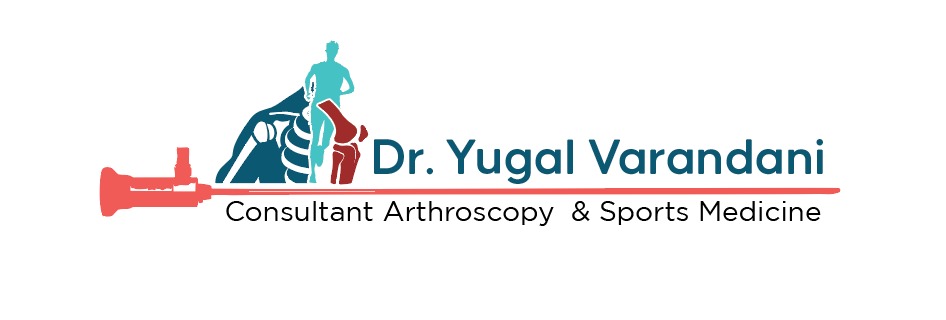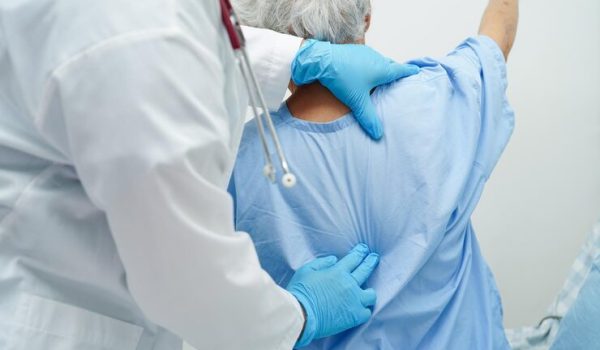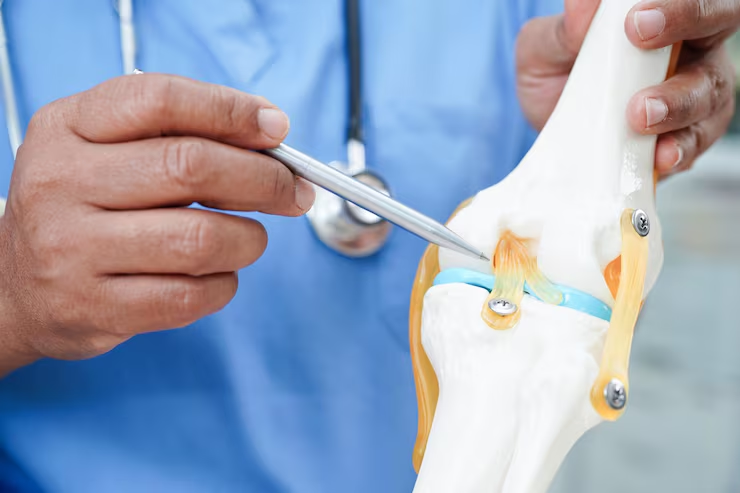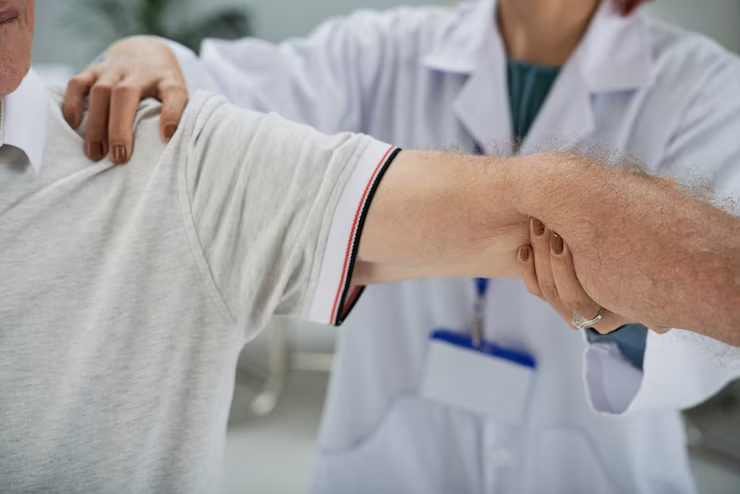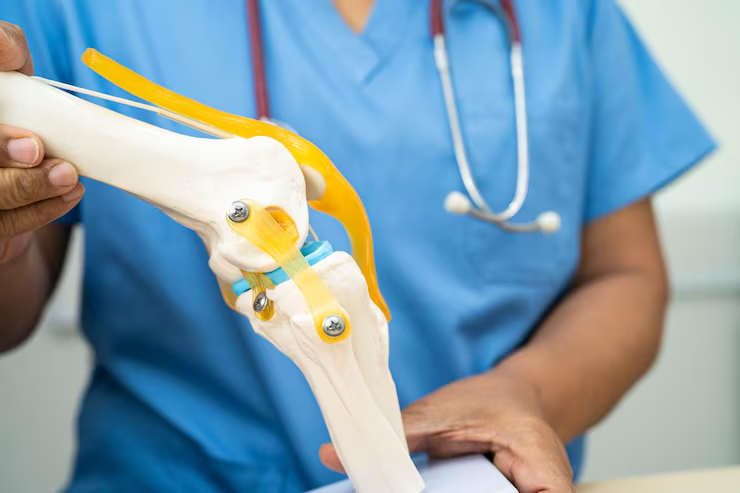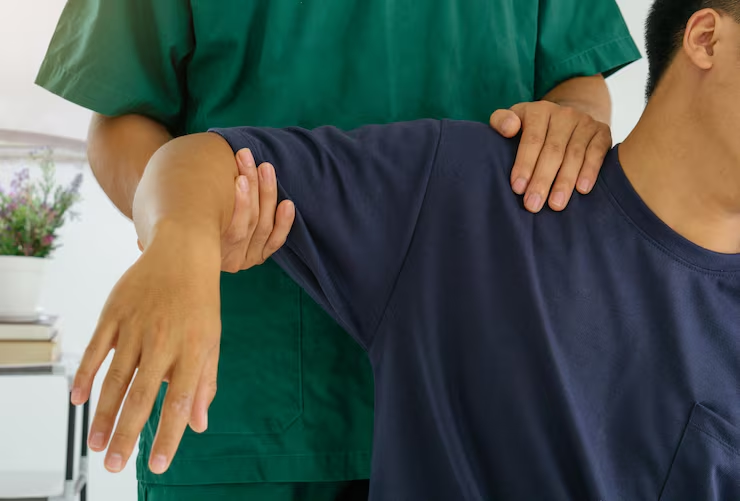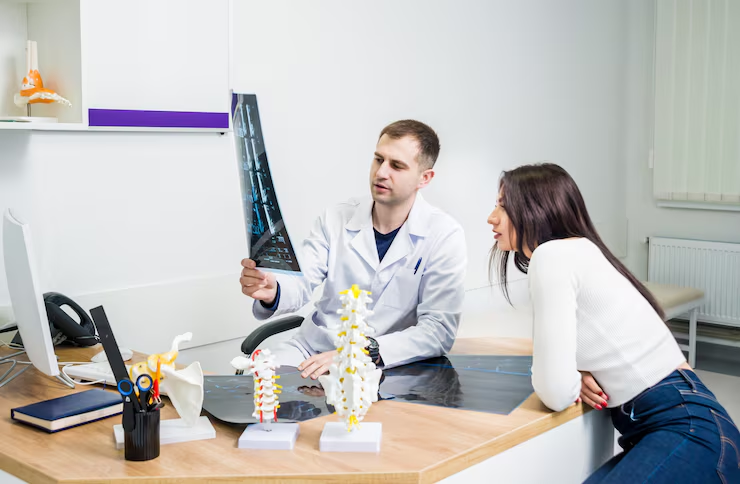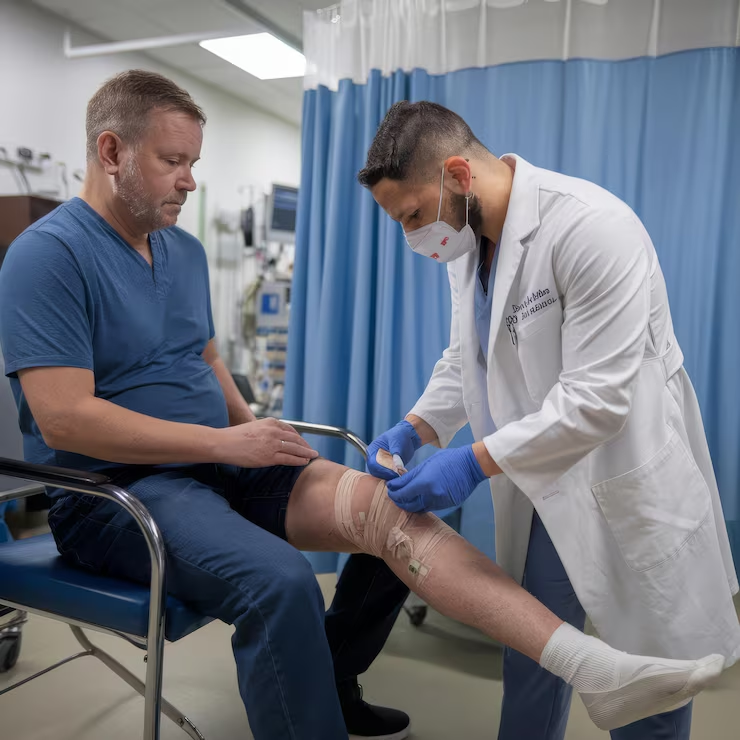A slip disc, also known as a herniated or prolapsed disc, occurs when the soft cushioning disc between two vertebrae bulges out or ruptures, pressing on nearby nerves. This can cause severe back pain, numbness, tingling, weakness, and difficulty in performing daily activities.
With growing lifestyle-related spine problems, Bhopal has become a recognized center for advanced slipped disc treatment, offering both non-surgical and surgical solutions based on the severity of the condition.
Common Symptoms of Slip Disc
- Sharp or radiating back pain
- Pain traveling to the legs (sciatica)
- Numbness or tingling in legs or feet
- Weakness in arms or legs (depending on disc location)
- Difficulty standing or bending
- Pain worsening during coughing or sneezing
Non-Surgical Treatment Options Available in Bhopal
Most slip disc patients do not need surgery and recover with conservative treatment if diagnosed early.
Treatment Type Description Who it Helps
Physiotherapy Strengthening, and posture correction for Mild to moderate cases
Pain Medication Reduces inflammation & nerve pain Temporary relief
Lifestyle Changes Posture correction, weight loss Long-term recovery
Heat/Cold Therapy Relieves muscle stiffness early-stage patients
Epidural Steroid Injection Reduces nerve inflammation Severe pain but no nerve damage
Symptoms of Slip Disc
- Sharp lower back pain
- Radiating pain to legs (sciatica)
- Tingling, numbness in legs or feet
- Muscle weakness
- Pain while bending or lifting
- Neck stiffness (if cervical disc)
- Pain worsens while sitting for long
When Is Surgery Needed?
- Surgery is recommended only when:
- Pain persists for more than 3 months despite treatment
- Severe nerve compression
- Difficulty walking or standing
- Loss of bladder/bowel control (medical emergency)
- Progressive muscle weakness
- Surgical Options in Bhopal
Surgery Type Highlights Recovery
Microdiscectomy Removes only the damaged disc portion pressing on the nerve in 2–6 weeks
Endoscopic Spine Surgery Minimally invasive, very small incision Faster than open surgery
Laminectomy Relieves pressure by removing bone over the nerve For spinal stenosis cases
Spinal Fusion Used when spine becomes unstable For complex/recurring cases
How to Prevent Slip Disc
- Maintain correct posture while sitting & standing
- Strengthen core and back muscles through exercise
- Avoid lifting heavy weights without support
- Take frequent breaks if you sit for long hours
- Maintain a healthy body weight
How to Prevent Slip Disc Recurrence
Strengthen your core and back muscles regularly
Maintain a healthy body weight
Correct workplace ergonomics (chair/desk height)
Practice stretching after long sitting sessions
Stay active—don’t live a sedentary lifestyle
Conclusion
Slip disc is treatable, and with timely diagnosis and the correct approach, most patients recover without surgery. Bhopal offers advanced physiotherapy care as well as minimally invasive surgical options for severe cases. If symptoms persist or worsen, consult a spine specialist early for accurate evaluation and long-term relief.
